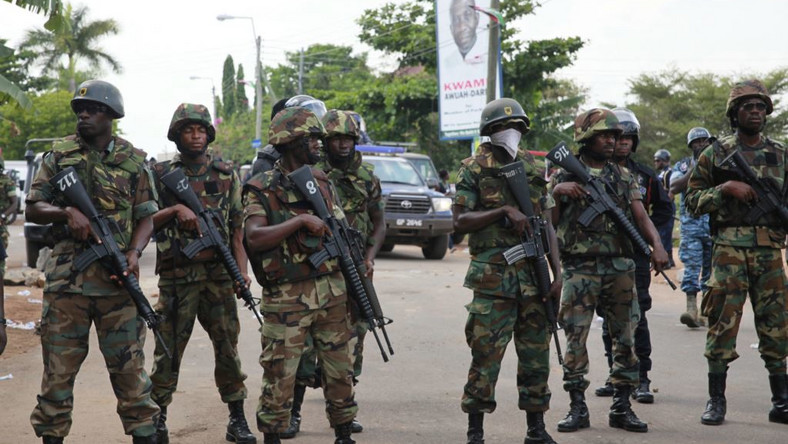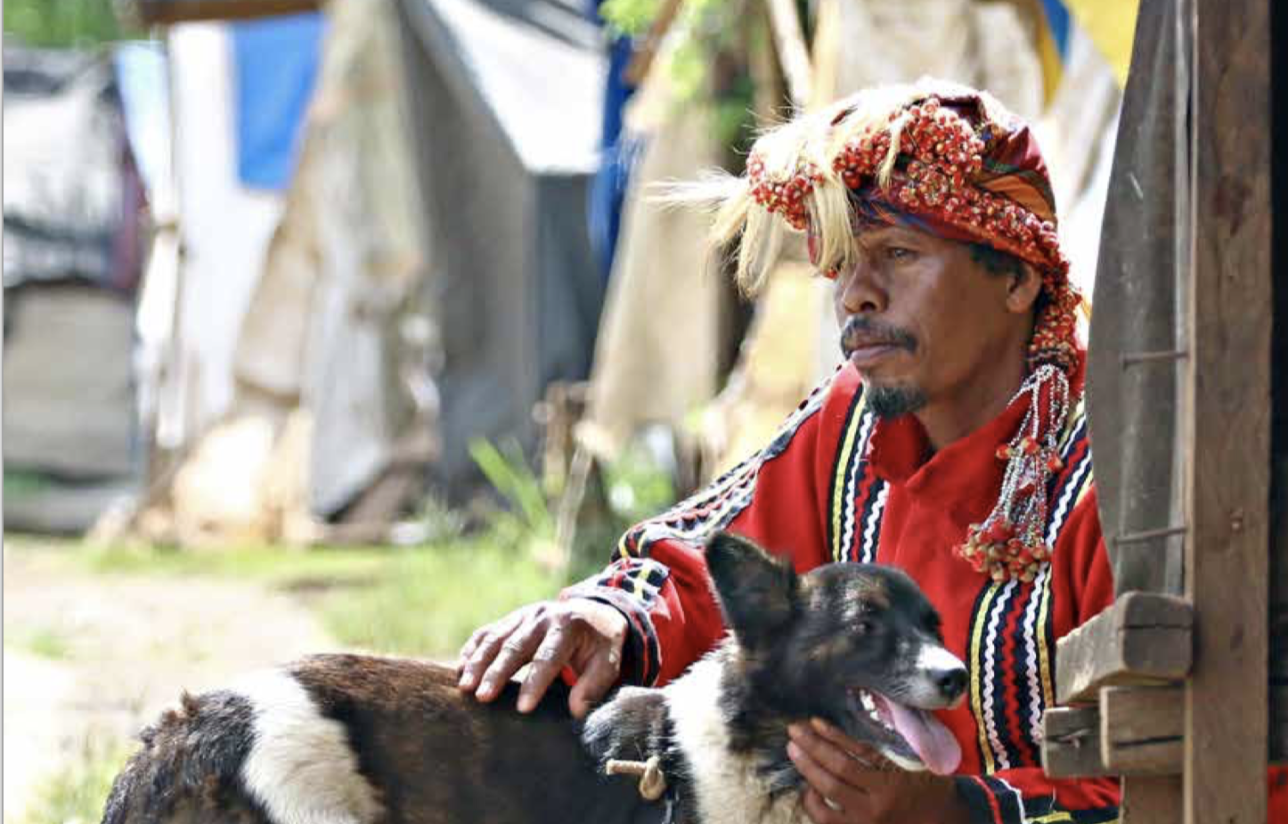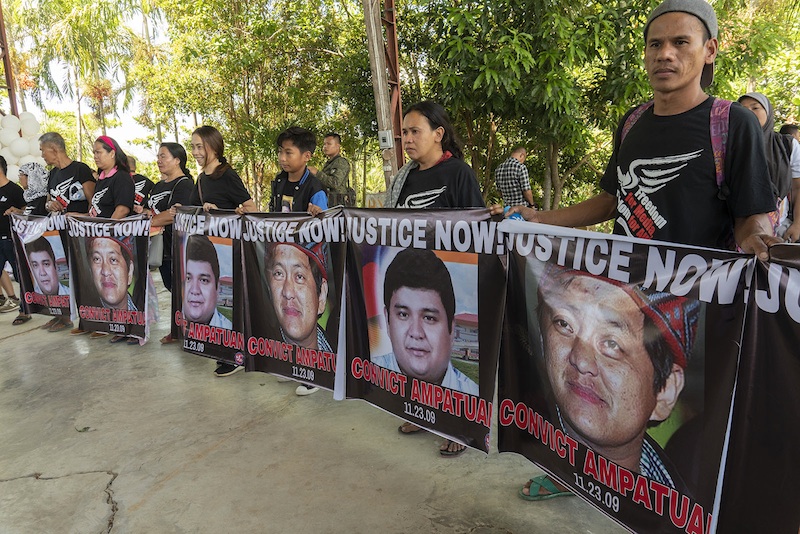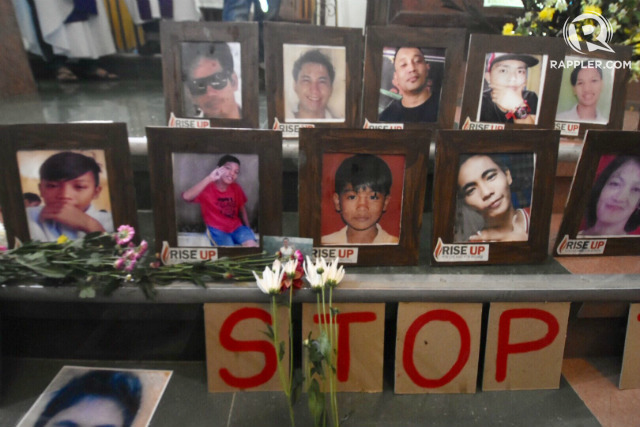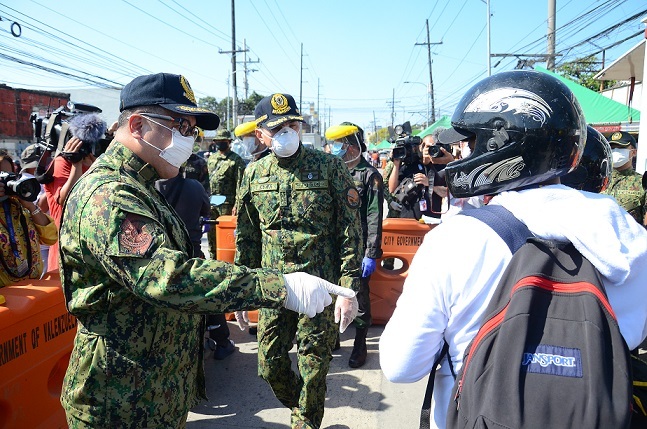
Global COVID-19 police state escalates
Mounting police-state measures in response to the COVID-19 pandemic are now resulting in stand-offs between executive and judicial authorities. In El Salvador, President Nayib Bukele is openly defying Supreme Court rulings to respect fundamental rights while enforcing the lockdown. His security forces have arbitrarily detained hundreds in containment centers, where rights observers charge they face an increased risk of spreading COVID-19. Israel’s High Court of Justice ruled that the government may not continue using tracking capabilities developed by the internal security service Shin Bet in efforts to contain COVID-19, imposing a deadline for Prime Minister Benjamin Netanyahu to seek legislative approval for the practice. In the Philippines, President Rodrigo Duterte, already threatening to shoot lockdown violators, has escalated to warning of an imminent declaration of martial law. (Photo: Philippine National Police via Wikipedia)



